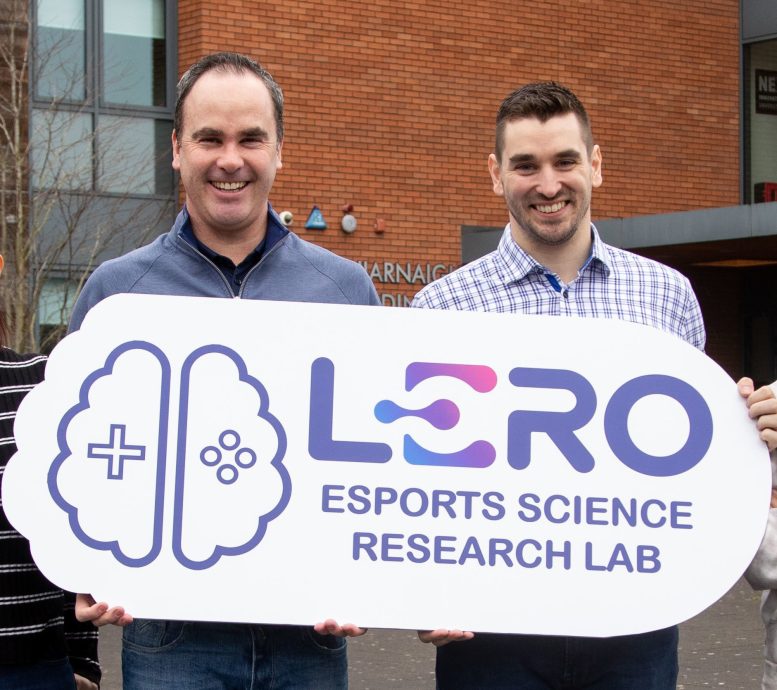
A study shows regular gamers have enhanced cognitive abilities, like faster reaction times and better memory, compared to non-gamers. Despite criticisms of gaming, these findings indicate potential benefits in professional fields requiring high cognitive performance, without increased cognitive fatigue. Credit: SciTechDaily.com
New research reveals that frequent video game players exhibited improved performance in cognitive tasks related to attention and memory.
A new study, published in the British Psychological Society’s British Journal of Psychology, reveals that regular gamers exhibit enhanced performance in tasks assessing cognitive functions, including attention and memory.
The study, which took place at the Lero Esports Science Research Lab at the University of Limerick, involved 88 young adults, half of whom regularly played more than seven hours of action-based video games each week.
Participants were tested with three tasks measuring different aspects of their cognitive performance – a simple reaction time test, a task that involved switching between responding to combinations of numbers and letters to evaluate executive function and working memory, and a maze-based activity to assess visuospatial memory.
The researchers found that regular gamers were able to complete the number-letter task and the maze task 12.7 and 17.4 % quicker respectively than the group of non-gamers.
Cognitive Benefits and Implications
“The regular playing of video games is often criticized and seen as unhealthy, but our research shows that gamers may enjoy some cognitive benefits over the wider population, particularly relating to attentiveness and memory,” according to Dr Adam Toth of University of Limerick and Lero, the Science Foundation Ireland Research Centre for Software, and one of the authors of the research.

A new study by a team at Lero, the Science Foundation Ireland Research Centre for Software, published in the British Journal of Psychology, found that regular gamers performed better on tasks measuring cognitive functions such as attention and memory. Pictured is main author Professor Mark Campbell, Director of the Lero Esports Science Resarch Lab at University of Limerick (UL) and corresponding author Dr Adam Toth, Lero, UL. Credit: Alan Place (www.alanplacephotography.com)
Dr Mark Campbell, added: “In line with previous work out of our lab, this research may have implications in sectors where cognitive performance is paramount, such as surgery, and air traffic control, where video game play could be encouraged to help develop the elite cognitive performance required.”
The research also investigated a further angle – whether gamers are less prone to suffering from cognitive fatigue than the wider population.
Some participants were assigned an additional task, designed to require concentration for a long period of time and bring about cognitive fatigue (decline in performance), before being reevaluated on the initial cognitive tests.
The researchers found that gamers and non-gamers saw their performance decline at the same rate, with no significant difference found in the level of cognitive fatigue experienced.
Reference: “Comparing the cognitive performance of action video game players and age-matched controls following a cognitively fatiguing task: A stage 2 registered report” by Mark J. Campbell, Sarah C. Cregan, John M. Joyce, Magdalena Kowal and Adam J. Toth, 23 December 2023, British Journal of Psychology.
DOI: 10.1111/bjop.12692









It is not unreasonable to expect people to improve at repetitive tasks. However, it often comes at a cost, such as carpal tunnel syndrome, or in the case of minors, neglect of other important adult skills such as logic, reading comprehension, calculating skills (April 15th is nearly on us!), and physical strength. If one is training to be “The Last Starfighter,” the focus can be rationalized. Otherwise, I think being well-rounded is a preferred goal.